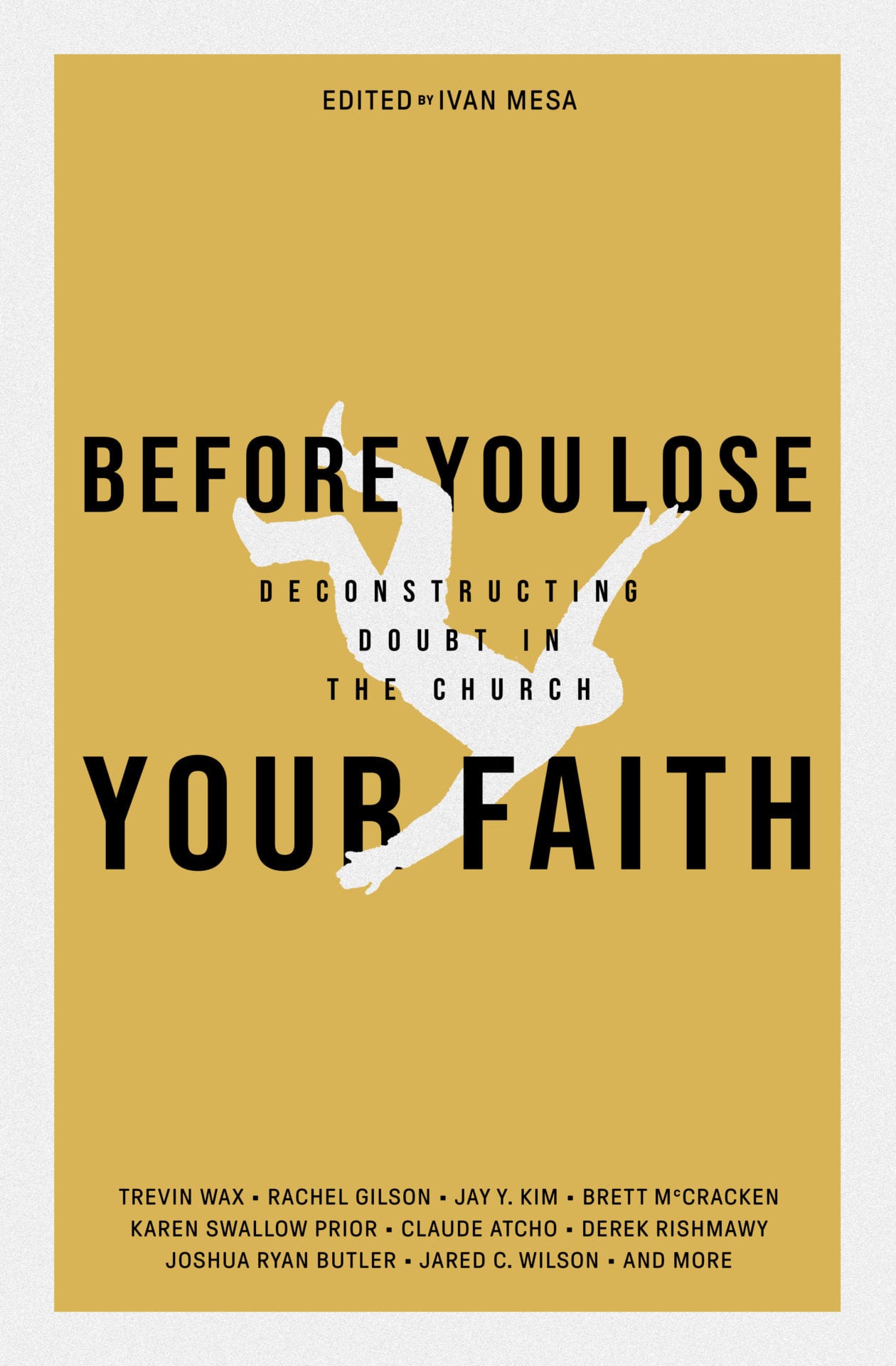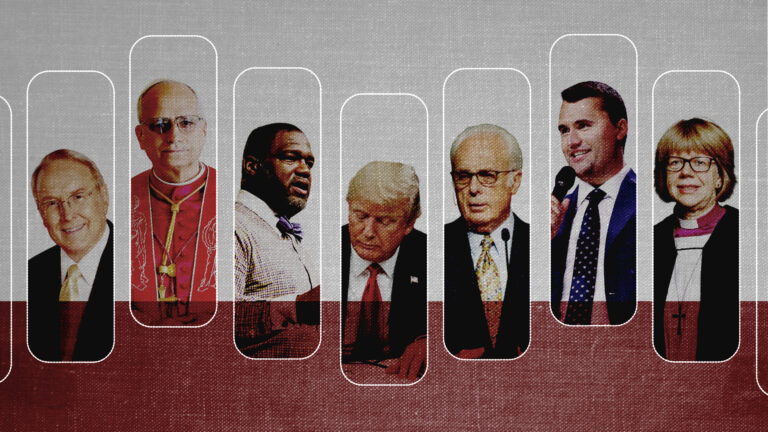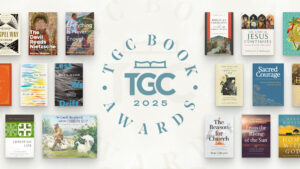“What do you do?” used to be a question I loved answering. For the most part, since I started working almost 17 years ago, I’ve enjoyed my work.
But last week, as I sat across the table from a new friend trying to get to know me and asking this question, I blurted out the only honest thing I could say: “I don’t love my work right now, so it feels strange to tell you about what I do. I don’t think it gives you a good idea of who I am.”
In New York City, where I live, that’s heresy. You are what you do. People don’t come here to marry, have kids, or settle down. They come here in quest of success. They come here to work.
So I whispered my response to her in hushed tones. It felt shameful to feel such disconnect between my job and my identity.

Five Problems with the Passion Hypothesis
In the past few weeks, as I’ve been more open about my vocational uncertainty, some friends have counseled me, saying, “Life’s too short to waste time on work you don’t love. You’re capable and well educated. Quit and find something new.”
When I say I’m not sure what that would be, their first response is almost always “What are you passionate about?” But I don’t know how to answer that question either. In fact, I’m not even sure it’s the right one to ask. After all, the passion hypothesis—“the idea that the key to occupational happiness is to first figure out what you’re passionate about and then find a job that matches your passion”—is fraught with problems.
First, there’s no evidence we have preexisting passions to discover. Most of us are vocationally nimble and capable of doing a great number of things.
Second, focusing on our passion is self-centered. It’s asking what the world can offer us, not what we can offer the world. Such a perspective makes us hyperaware of what we don’t like about something.
Third, there’s no evidence that, if we love doing something, we’ll love doing it as a job. I’m passionate about running, but—setting aside that no one would sponsor me at my nine-minute/mile pace—I love it precisely because it’s play, not work.
Fourth, the passion hypothesis is anxiety-filled and riddled with too much pressure. It drives us to question our choices and overemphasize the importance of every step we take. It gives birth to fear and worry, not faith and peace.
Finally, our passions aren’t neutral. We want the wrong things, and we want the right things for the wrong reasons. Jeremiah tells us the heart is deceptive above all things (Jer. 17:9), and Augustine says we have disordered loves. We ought to be self-skeptical about our passions.
Three Lenses to View Our Work
Right now, I don’t love my work, and I don’t know why. It could be that I need “a Sabbath Year” rest from working for 17 straight years at intense jobs or from trying to balance two jobs and time-consuming side projects for the last seven years. Or it could be that I need to change the work I’m doing.
To process these questions, I’m looking at my work through three different lenses—heart, community, and world.
Heart is our relationship with God. Through this lens, we consider our heart motivations, what idols we may have, or what part of the gospel we may not be believing at a functional level. This is an important lens since we’re often tempted to think that the problem is our current work situation, that a new job must be the answer. But the issue may be our heart, not our work, and switching jobs won’t solve our problem since our idols travel with us.
Community is our relationship with others. It’s how the gospel shapes our engagement with our colleagues, clients, readers, vendors, board members, and others. Through this lens, we consider how we relate to others—seeing them as made in the image of God and worthy of respect, honor, and love. Sometimes, for example, we have particularly challenging colleagues or clients who make our work more difficult. In such times, driving the gospel into our hearts helps us be more generous, knowing that, while we were broken, Christ died for us (Rom. 5:8).
World is our relationship with work itself. It’s focused on how the gospel changes our approach to the content of our work—from politics to education to plumbing to transportation to any other sphere in which we may work. The gospel changes everything, not just our hearts. It has something to say to the law itself, not just lawyers (Prov. 16:11). Also, we ought to spend our time on meaningful work, even as we recognize we may not always see or experience its comprehensive meaning.
These lenses—heart, community, and world—often overlap and can cause confusion when processing our issues with work. For example, an idol of approval or achievement (heart) can make a seemingly small problem to solve (world), like fixing a toilet, seem insignificant and pointless—even though it’s vitally important to the family with the broken toilet! In this case, the work itself is glorious and generous, but the broken heart doesn’t process it that way. The solution, then, isn’t to switch jobs but to heal the sick heart.
First, the Heart
Right now, I’m mainly focusing on my heart, remembering that there was a time when I loved my work and knowing that, if I delight myself in the Lord and seek first his kingdom and righteousness, then I’ll find all things—including vocational clarity (Matt. 6:33; Ps. 37:4).
Whether we’re in mid-life, like me, and wondering why we’re suddenly questioning our vocation, or young and asking if this is all there is to life, or retired and feeling disengaged and aimless, we can’t afford merely to blame our circumstances. We need to invite God to examine our hearts and search out any waywardness in us (Ps. 139:23–24).
Such a doctrine of vocation and spiritual maturity applies to all of us, not because our work is equally fulfilling and meaningful, but because the same God is Lord over all. One way we can work with distinctiveness in this world is by not jumping from job to job in search of the perfect mix of fulfilling circumstances. Instead, we can open our hands and inquire of the One who loves us and intends to sanctify us wherever we may be.
Free Book by TGC: ‘Before You Lose Your Faith’
 Many young people are walking away from Christianity—for reasons ranging from the church’s stance on sexual morality, to its approach to science and the Bible, to its perceived silence on racial justice.
Many young people are walking away from Christianity—for reasons ranging from the church’s stance on sexual morality, to its approach to science and the Bible, to its perceived silence on racial justice.
TGC’s book Before You Lose Your Faith: Deconstructing Doubt in the Church is an infusion of hope, clarity, and wisdom in an age of mounting cynicism toward Christianity.
For anyone entering college or the workplace and looking for a timely reminder of why Christianity is good news in a skeptical age, make sure to get your FREE ebook Before You Lose Your Faith today!


































